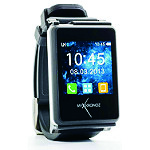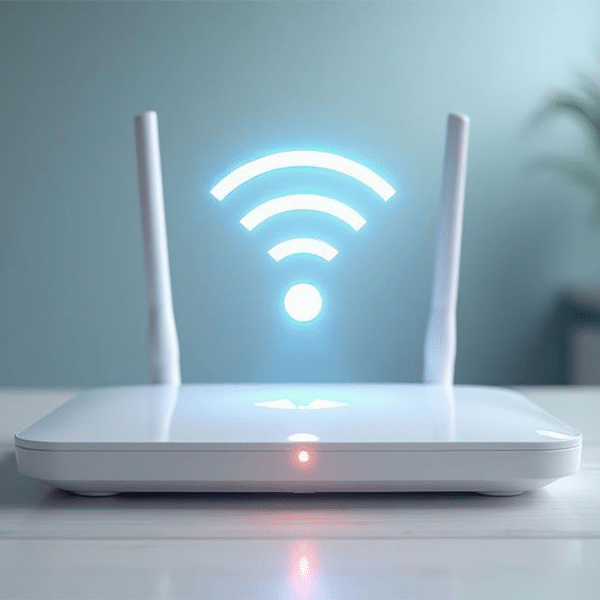 Lack of network connectivity has been one of the stumbling blocks to wearable devices realizing their full potential, according to a wearables study from research firm Strategy Analytics.
Lack of network connectivity has been one of the stumbling blocks to wearable devices realizing their full potential, according to a wearables study from research firm Strategy Analytics.
“While wearables like smartwatches are very much reliant on a paired smartphone for their functionality, smartphones and tablets operate fine on their own—the benefits of ubiquitous computing aren’t readily apparent for these two devices,” said report author Mathew Alton, in a prepared statement. “This has created a situation where the wearable has become an accessory to the smartphone as opposed to an independent computer. As a result, the number of interesting things it can do has stagnated.”
More specifically, the research firm in its report: “UXS Technology Planning Report: Wearables,” notes that:
- Wearables that rely upon a smartphone for their operation are not truly smart; they are more equivalent to Bluetooth accessories and this makes them less compelling.
- Though wearables designed around core senses (i.e. sight, hearing, and touch) can provide useful benefits on their own, their inability to adapt to changing technology is inhibiting.
- The introduction of distinct operating systems can enhance a wearable’s longevity and adaptability; by not only facilitating unique functions, but also their ability to interoperate with other disparate wearables.
The need for a smartphone in addition to the wearable was one of the early complaints about the first iteration of the Apple watch, for example.
“Networks are the underlying force for change: by networking disparate wearables together, they can exchange information in a way that is more useful by combining sensor data from different areas of the body,” added Chris Schreiner, UXIP director of syndicated research, in a prepared statement.


